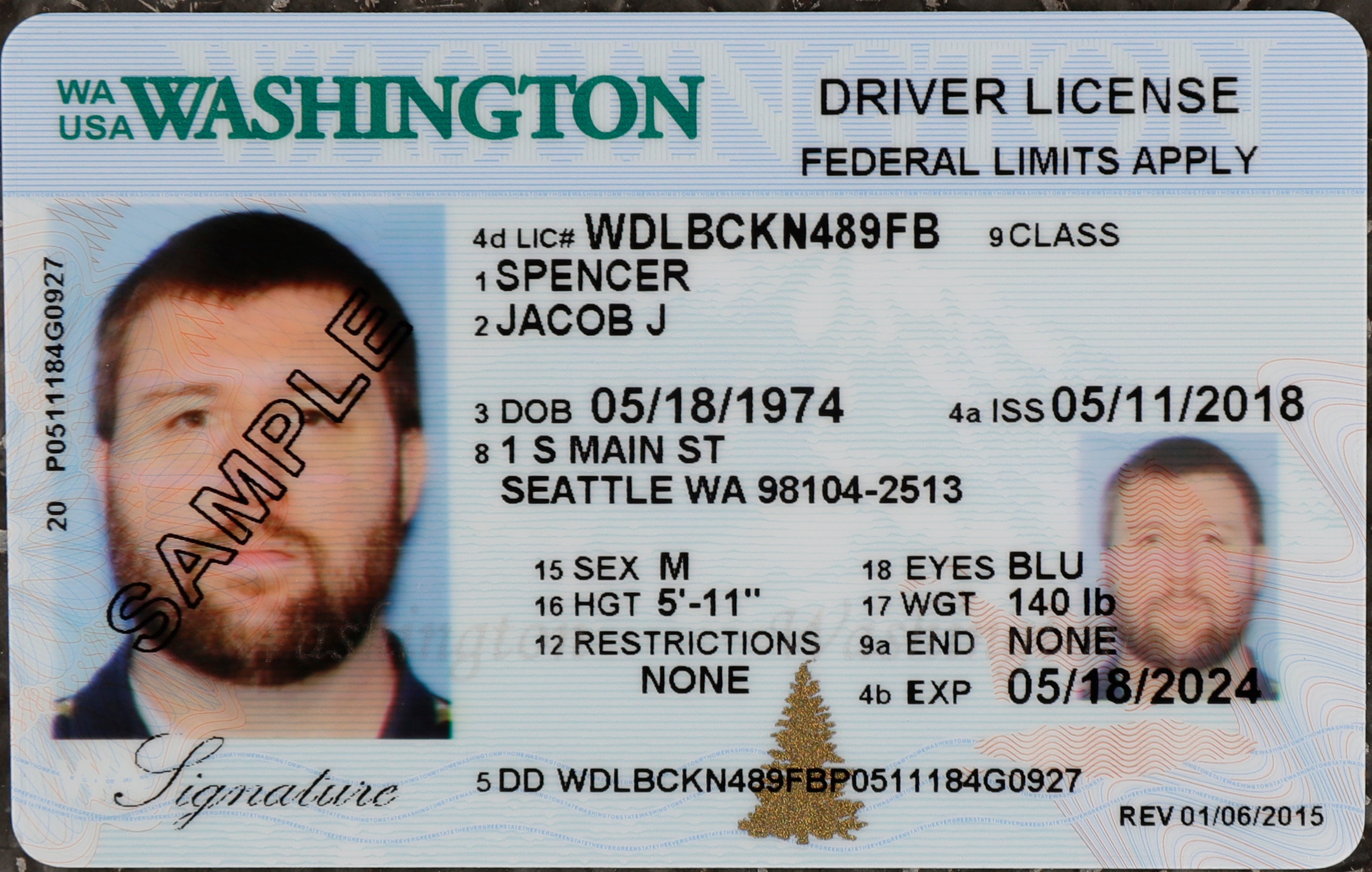LOCALIZE IT: Government delays enforcement of Real ID Act

Your support helps us to tell the story
From reproductive rights to climate change to Big Tech, The Independent is on the ground when the story is developing. Whether it's investigating the financials of Elon Musk's pro-Trump PAC or producing our latest documentary, 'The A Word', which shines a light on the American women fighting for reproductive rights, we know how important it is to parse out the facts from the messaging.
At such a critical moment in US history, we need reporters on the ground. Your donation allows us to keep sending journalists to speak to both sides of the story.
The Independent is trusted by Americans across the entire political spectrum. And unlike many other quality news outlets, we choose not to lock Americans out of our reporting and analysis with paywalls. We believe quality journalism should be available to everyone, paid for by those who can afford it.
Your support makes all the difference.EDITORS/NEWS DIRECTORS:
The federal government has pushed back enforcement of tougher identification requirements to fly domestically for another two years because of pandemic-related delays.
The Department of Homeland Security this month moved the deadline for what’s called Real ID from May 3, 2023, to May 7, 2025.
Documents required to get a compliant ID vary by state, but at minimum applicants must provide records showing their full legal name, date of birth, Social Security number, proof of address and lawful status.
IDs that meet those standards will be required to board domestic flights and enter other restricted federal buildings. Valid IDs under the law include: Real IDs, enhanced state driver’s licenses and ID cards, passports and certain immigrant IDs.
AP’S LATEST COVERAGE:
COVID’s lingering impact prompts Real ID deadline extension
QUESTIONS/REPORTING THREADS
People are getting compliant IDs as they renew driver’s licenses, but DHS has said the pandemic resulted in backlogs at state driver’s license offices. Because of the backlogs, many state agencies that issue driver’s licenses automatically extended expiration dates on licenses and ID cards, rather than issuing licenses and cards compliant with the Real ID requirement.
— Find out what percentage of state residents have a compliant ID by contacting your state's driver’s licensing agency. Michigan, Minnesota, New York and Vermont offer enhanced licenses, which allow residents entry to the U.S. from Canada, Mexico or the Caribbean.
— Ask what hurdles the state has faced implementing Real ID. Possible road blocks include: lack of funding, short staffing and delays in driver’s license or state ID renewals because of the COVID-19 pandemic. For example, Illinois repeatedly extended the deadline to renew expired driver’s licenses.
— Check in on any state government efforts to make getting a Real ID easier. For example, West Virginia recently rolled out a new online service that offers a guided path through pre-enrollment and cuts the time spent at the DMV.
— Find out the cost difference between fees for a state-ID or driver’s license and a Real-ID compliant card, then interview residents outside local licensing offices about the price. Some states, such as Missouri, cover the difference to make getting a valid ID more accessible. Washington recently increased fees for a new enhanced license or ID from $78 for a six-year license to $96.
RESOURCES
— The National Congress of State Legislatures tracks state-by-state implementation of Real ID.
— The National Governors Association also provides state-by-state resources on Real ID.
— DHS provides frequently asked questions on the implementation of the Real ID Act.
— The Transportation Security Administration outlines valid IDs under the law.
PUBLISHABLE CONTEXT
The Real ID law was passed by Congress in 2005 on a recommendation from the 9/11 Commission. The new form of ID incorporates anti-counterfeiting technology and uses documentary evidence and record checks to ensure a person is who they claim to be.
All 50 states, the District of Columbia and four of the five U.S. territories covered by the Real ID Act are issuing Real ID-compliant driver’s licenses and ID cards. DHS said American Samoa is under review for Real ID enforcement.
Enforcement has been delayed several times since the original 2008 deadline. Most recently, in April 2021, DHS extended the deadline to May 2023, also citing how COVID-19 made it harder for states to issue new licenses.
About 52% of state-issued driver’s licenses and ID cards were considered Real ID-compliant, a DHS spokeswoman said earlier this month. That’s up from 43% in April 2021.
___
Localize It is an occasional feature produced by The Associated Press for its customers’ use. Questions can be directed to Katie Oyan at koyan@ap.org.